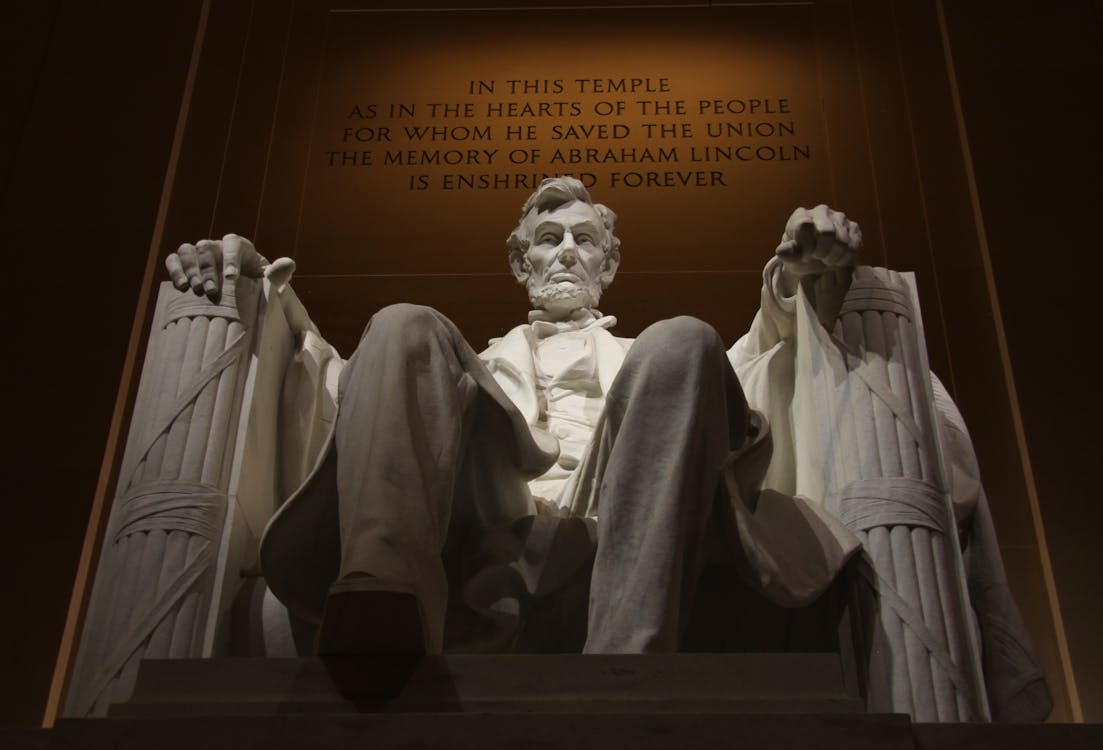Unveiling the Past: How Historical Context Sheds Light on Modern Challenges
Understanding contemporary issues can often seem like navigating through a complex maze. However, history offers a powerful tool for deciphering these challenges. By looking back at historical events, trends, and decisions, we can gain valuable insights into the present and make more informed decisions about the future. This article explores how historical context can illuminate our understanding of modern issues, providing a roadmap for addressing them effectively.

Why History Matters in Contemporary Analysis
History is more than just a record of the past; it's a lens through which we can view the present. By studying history, we learn about the root causes of current events and the patterns that shape societies over time. This perspective is crucial for understanding why certain issues persist and how they might evolve.
For example, the economic disparities we see today can be traced back to historical factors such as colonialism, industrialization, and policy decisions made over decades or even centuries. By examining these historical roots, we can better understand the systemic nature of these disparities and work towards more equitable solutions.
The Role of Historical Context in Political Decisions
Political decisions are rarely made in a vacuum. They are influenced by historical precedents and the lessons learned from past successes and failures. For instance, the formation of international alliances today is often informed by the successes and failures of previous alliances, such as the League of Nations or NATO.
Understanding the historical context behind these decisions allows policymakers and the public to appreciate the complexities involved in international relations. It also helps in predicting the outcomes of current political strategies, making history an indispensable tool in the realm of politics.
Social Movements and Historical Parallels
Social movements are another area where history provides valuable insights. Movements such as the Civil Rights Movement in the United States or the fight for women's suffrage offer lessons in perseverance, strategy, and the importance of grassroots organizing. These movements also highlight the cyclical nature of social change, showing that progress is often followed by periods of resistance or regression.
By studying the history of these movements, activists and advocates can draw parallels to contemporary struggles, identifying strategies that worked in the past and adapting them to current circumstances. This historical awareness can be a powerful motivator, providing a sense of continuity and purpose in the fight for social justice.
Economic Policies and Historical Lessons
Economic policies are often shaped by historical events. The Great Depression, for example, led to the development of Keynesian economics and the establishment of social safety nets that are still in place today. Similarly, the economic policies of the post-World War II era were influenced by the need to rebuild war-torn economies and prevent future conflicts.
Understanding these historical developments helps economists and policymakers design better policies for today. It also helps the public understand the rationale behind certain economic decisions, fostering a more informed and engaged citizenry.
The Importance of Historical Literacy
Given the myriad ways in which history informs the present, historical literacy is essential for anyone seeking to understand contemporary issues. This doesn't mean that everyone needs to be a historian, but having a basic understanding of key historical events and trends is crucial.
Historical literacy enables individuals to critically assess the information presented to them, recognize the historical roots of current issues, and avoid repeating the mistakes of the past. It also fosters a deeper appreciation of the complexities involved in solving modern challenges, encouraging a more nuanced and thoughtful approach to problem-solving.
Applying Historical Insights to Modern Challenges
So how can we apply historical insights to the challenges we face today? One approach is to look for historical parallels that can inform our understanding of current events. For example, the COVID-19 pandemic has often been compared to the 1918 influenza pandemic. By studying the public health responses to the 1918 pandemic, we can identify strategies that were effective and those that were not, helping to guide our response to COVID-19.
Another approach is to consider the long-term consequences of historical decisions. For instance, the environmental challenges we face today are rooted in the industrial revolution and the subsequent exploitation of natural resources. Understanding this history can inform our efforts to develop sustainable practices and policies.
Finally, history reminds us that change is possible. Throughout history, societies have faced seemingly insurmountable challenges, only to emerge stronger and more resilient. This historical perspective can provide hope and inspiration as we tackle the complex issues of our time.
Conclusion: The Power of History in Shaping the Future
In conclusion, history is a powerful tool for understanding contemporary issues. By providing context, highlighting patterns, and offering lessons from the past, history helps us make sense of the present and chart a course for the future. Whether in politics, social movements, economics, or public health, historical insights can guide us toward more informed and effective solutions.
As we navigate the complexities of the modern world, let us remember the value of historical context. By looking back, we can move forward with greater wisdom, understanding, and purpose.

 Cricket Score Counter
Cricket Score Counter Heads or Tails
Heads or Tails
You have not logged in, please Login to comment.